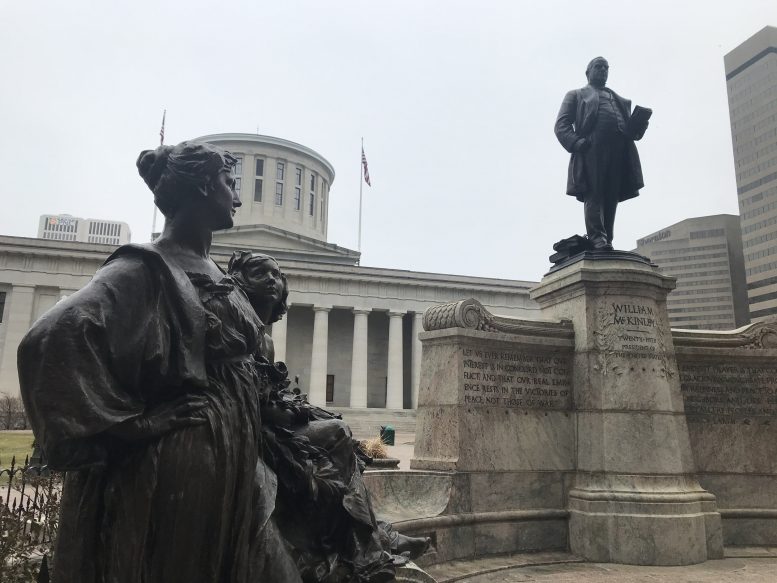By Susan Tebben
Ohio Capital Journal
In the hundreds of pages of the Ohio legislature’s omnibus bill to address coronavirus, state representatives and senators attempted to address many of the state’s concerns, from the economy to the health care sector.
The bill was passed by both houses on Wednesday, on its way to Gov. Mike DeWine’s desk for signature. With an emergency clause included in the bill, it can take effect as soon as the governor signs it. Here is a full summary of the bill’s amendments.
The state extended the tax filing date to match a federal move, taking the deadline from April 15 to July 15, and waiving interest payments.
Some pieces of the bill include a sun-setting provision, which means the amendment expired on Dec. 1 or when the March 9 executive order declaring a state of emergency in the state is rescinded by the governor.
Included in those temporary measures is the prohibition of public water disconnections during the pandemic, and allowing licenses issued by state agencies to expire while those agencies deal with the crisis.
When the agencies reopen, Ohioans will have 90 days to renew those licenses, under the bill.
State boards and commissions, along with local and county governments and higher education boards are now permitted to hold meetings electronically, “so long as the public is aware and can participate electronically,” according to a summary of the bill released by the Senate.
Also part of the temporary pieces to the bill is the waiving of the first-week waiting period for unemployment compensation and the work search requirement.
To help with the burden of COVID-19 on the health care system, the legislature is also allowing recent nursing graduates to obtain a temporary license to practice through the state Board of Nursing. Those temporary licenses expire 90 days after the emergency or 90 days after December 1, whichever comes first.





